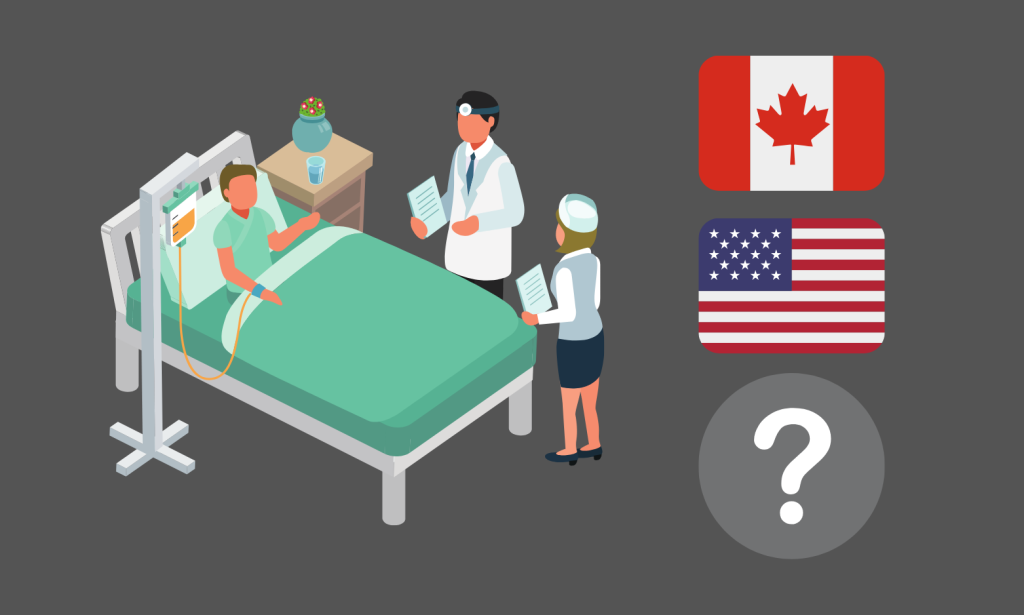
The short answer? Yes.
The long answer? A policy change coming into effect in 2026 will make it exceedingly difficult. It’s not easy, and you’ll be highly limited with locations and specialties.
Background
For most Canadians graduating from US medical schools before 2025, applying for a residency position in Canada will be no problem. Canadians who complete their MD at an American medical school are considered in the same pool of applicants as Canadians who complete their MD at Canadian medical schools.
This was an incredible benefit to Canadians who wanted to take advantage of the resources and opportunities afforded by American medical schools.
The Change
Unfortunately, this has now changed. Starting in 2026, Canada and the US will end their reciprocal agreement to allow respective medical school graduates to apply to residencies as domestic students.
Canadians graduating from an American Medical School in 2026 and beyond will be considered an International Medical Graduate in the residency application process in Canada.AFMC, JUNE 9, 2021
All students matriculating in 2022 and beyond will be considered IMGs for the residency application process.
This doesn’t just mean that there are more hoops to jump through or tests to do if you wish to return to Canada for medical school. It means that many residency spots are simply not available, having been set aside for Canadian Medical Graduates. As such, US graduates will be highly limited by the specialty and location where residencies are available.
This means that even if you attend one of the top medical schools in the world, you’ll be considered in the same group as graduates of less-than-reputable for-profit schools outside of the US and Canada.
So, what does this mean?
While it remains possible to match back into Canada for residency, it’s probably both easiest and best to remain in the United States for residency.
On average, residencies in the United States have higher pay and you’ll be considered a domestic student for The Match. There are some peculiarities with visas if you stay in the US, but I’ll be covering that in a future article.
If you’re set on returning to Canada (like I am), your best bet would be to return after completing post-graduate training in the United States. While there are still some barriers, it’s much less complicated to return to Canada (for the time being, at least).
Depending on the regulations of the provincial colleges of physicians and surgeons, US doctors must either undergo a period of supervision (usually several months to a year) or complete the Medical Council of Canada exams, or both, to obtain a full license to practise in Canada.Wendy Glauser, August 5th 2014
By remaining in the US for residency, you’ll have far greater choice when it comes to residency program alongside the added benefit of higher pay. Once you’ve completed your residency training, it’s not a complex matter to return to Canada to practice – assuming that the process post-residency remains the same.
Summary
While it used to be easy for Canadian USMD students to return to Canada for residency, a recent change has made it incredibly challenging. With higher pay and far more options for both location and specialty, remaining in the US for residency is an attractive option for Canadian students. For those set on returning to Canada, it’s will likely be easier to return after completion of post-graduate training in the US.
